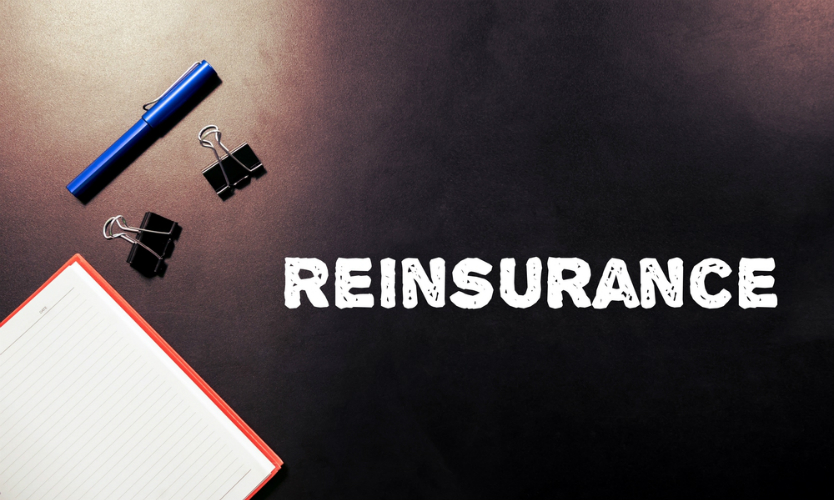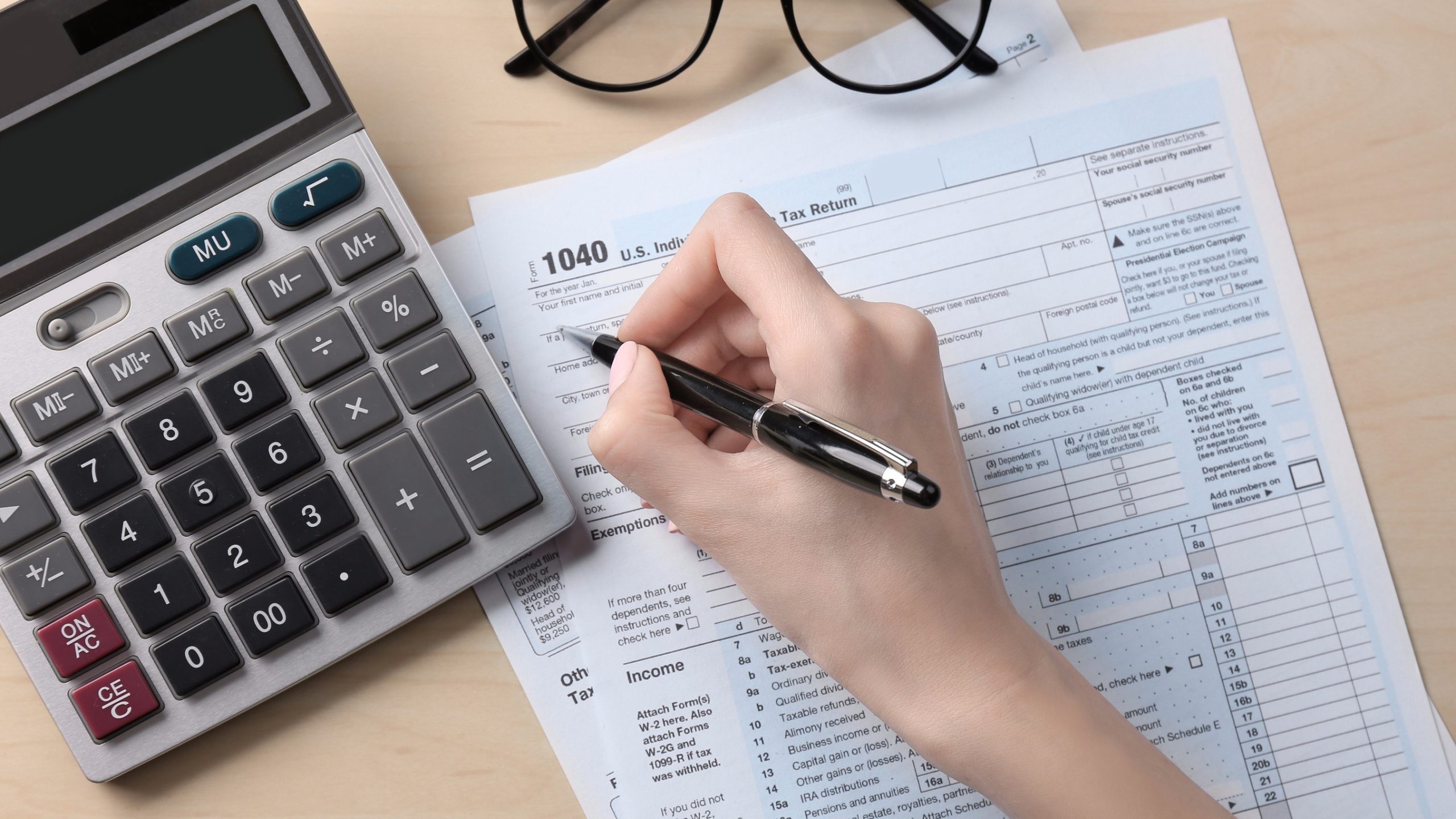Rider or Endorsement
A form attached to an insurance policy that alters the policy’s coverage, terms and/or conditions. Used to cover hazards not listed in standard home insurance plans, a rider or endorsement “rides on” those basic insurance plans, adding an additional set of terms and conditions for specific, previously uninsurable situations. The hazards included must be listed … Read more









